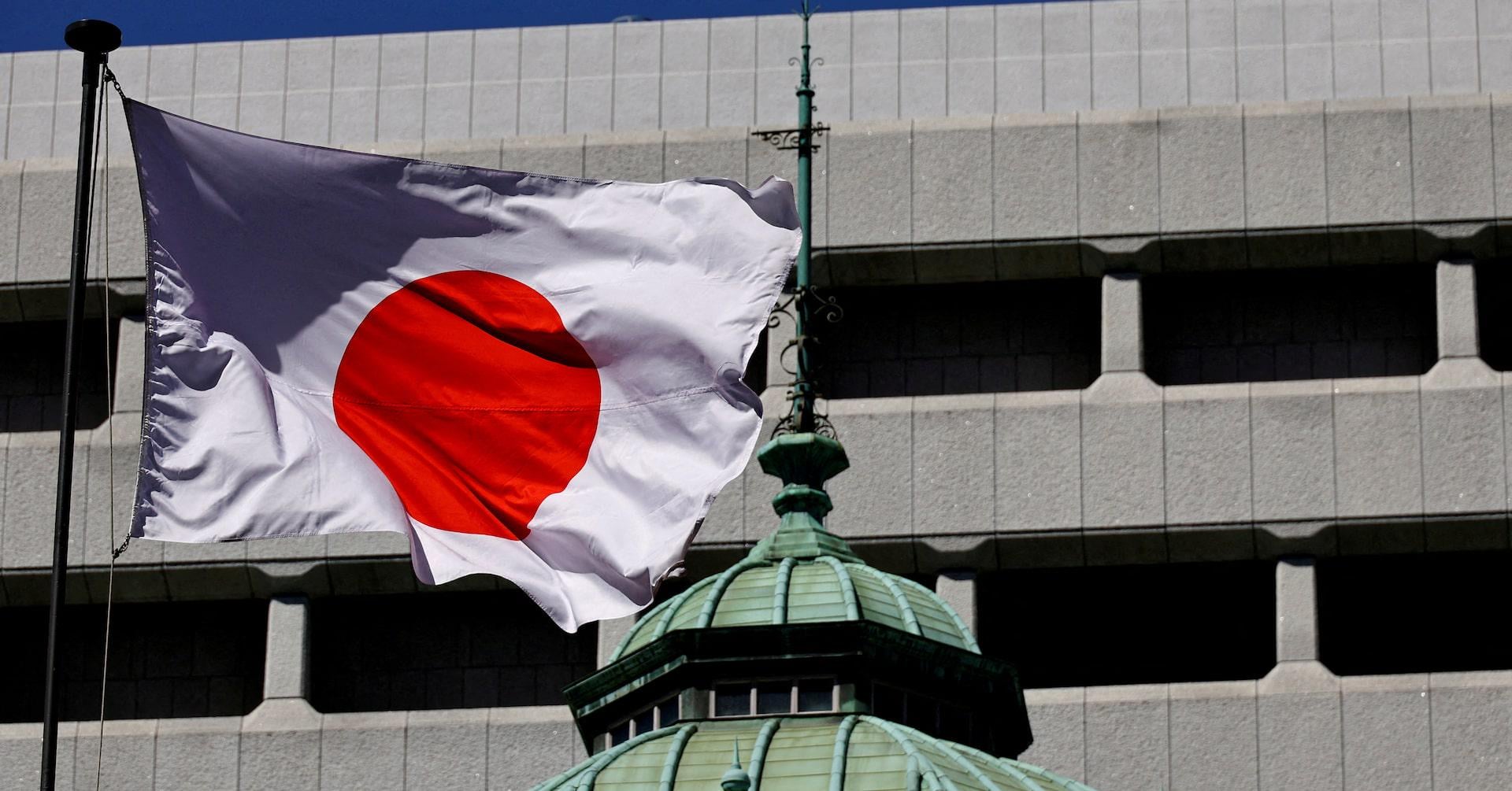
I plugged various articles and ideas into GPT about Japan's fiscal situation. It came up with this "Inflation-Fiscal Doom Loop", which does not seem so far-fetched to me.
I get the feeling we are going to end up with way higher taxes in five or 10 years time and no more quick access to consultant doctors and MRIs, which is great for us now but seems unsustainable, especially the ridiculous amounts of over-prescribed meds.
We've always been told "don't worry, Japan owns most of its own debt" but that was when rates and inflation were at zero…
What would it take for the loyal domestic holders of JGBs to baulk?
Is there anyway this cycle could be broken or avoided?
Inflation-Fiscal Doom Loop
- Inflation rises → BOJ raises rates (otherwise, suppressing yields to keep debt servicing costs low would further weaken the yen and worsen imported inflation)
- Higher rates → higher debt servicing burden (government interest costs climb, exacerbating fiscal concerns)
- Fiscal concerns → JGB yields rise (investors demand more yield to compensate for rising risk)
- Even domestic banks/insurers curb JGB buying (rising yields inflict large balance-sheet losses on existing JGB holdings)
- Less demand for JGBs → weaker yen (appeal of higher yields is outweighed by fiscal concerns)
- Weaker yen → imported inflation (back to square one, repeat all over again, until…
- Crisis response → capital controls, higher taxes on corporations and households, reduced public services (e.g., healthcare)
FYI:
Government debt servicing costs: about ¥28.9 trillion or about $200 billion.
Japan's overseas reserves: about $1.3 trillion
Total public debt: about ¥1,324 trillion or about $9 trillion
by GachaponPon
